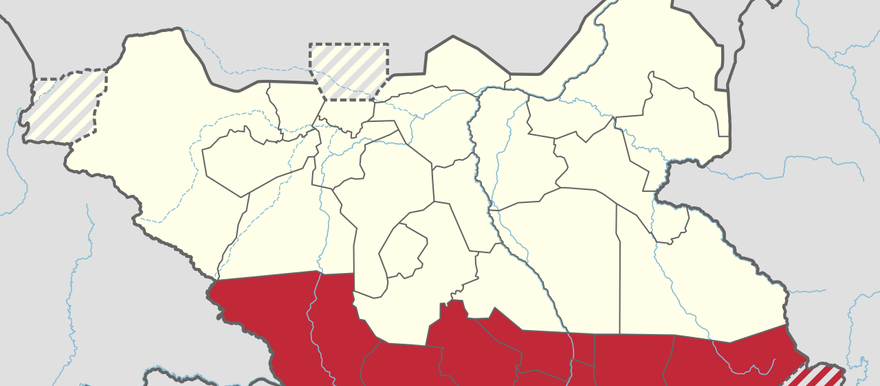A 43-year-old rainmaker was buried alive in Mura Lopit, Lafon County in Eastern Equatoria State over the weekend.
A mob, comprising youth and women, accosted their local rainmaker, Lodovico Hobon Angelo, and demanded that he make rain before tying, beating, and burying him alive on Saturday.
Martin Ojok, the Lopa executive director in Imehejek Corridor, said he had rescued the deceased rainmaker several times from the mob in the past and condemned the incident. He called for massive awareness against negative cultural practices.
“This issue is real, I had reported. He was buried in Mura-Lopit and he is a rainmaker in Mura Lopit. The people still believe in things that happened in the past, they believe this man is the one who stopped the rain in the whole of South Sudan. They asked why he stopped it and that man also claimed that he is the one who stopped the rain. His name is Lodovico Hobon Angelo, 43 years old,” Ojok said. “He inherited this title right from his grandparents. This is like a kingdom to them, he took it from the father and the father inherited it also. This thing needs awareness because they are still following the influence of a long time ago. I don’t know how these (negative) cultural activities can be stopped.”
Peter Ohure, the youth leader in the Lopit corridor, attributed the incident to the negligence of the deceased rainmaker.
“The incident happened due to the rainmaker’s negligence. The issue was that the community was asking him where the (Afanga) rain is because it was always put together in the same pot so the community went to count the (Afanga). So, he was asked about the whereabouts of the traditional (Afanga) which they believe influences rain but they were not in their correct number and he claimed that he hid them somewhere. That is why he was tortured,” Ohure explained.
He said that the rainmaker demanded inducements from the community but he did not deliver rain.
“He was complaining that he needed something from the community and you know when you ask something and the community gives and you do not deliver on your part, then you become a victim,” Ohure said. “The incident happened because he did not give the community what was needed. It is not a good decision but only that people are suffering and for us in Lopit here when there is drought there is no cultivation.”
He said that the prolonged drought has forced people to migrate to refugee camps to access food.
Magisto Ukachi Agweri, the commissioner of Lafon County, confirmed the incident and urged the public to avoid bad cultural practices saying ring leaders will be identified and made accountable.
“It was just a kind of mob justice because when we talk about a group of Monyiemiji, there are many. Now it is very difficult for the government to immediately take action and arrest all the Monyiemiji. The government will first of all dig exactly who is behind the killing, there could be some decision-makers and some implementers. With time, we will be able to establish who made the decision that led to the death of the poor chief,” Commissioner Ukachi said.
This is the second time such an incident occurs in Lafon County in recent times. In 2015, the Pari community in Marguna Payam killed their traditional leader (Wehipac), whom they believed was responsible for chasing birds from the farms.




